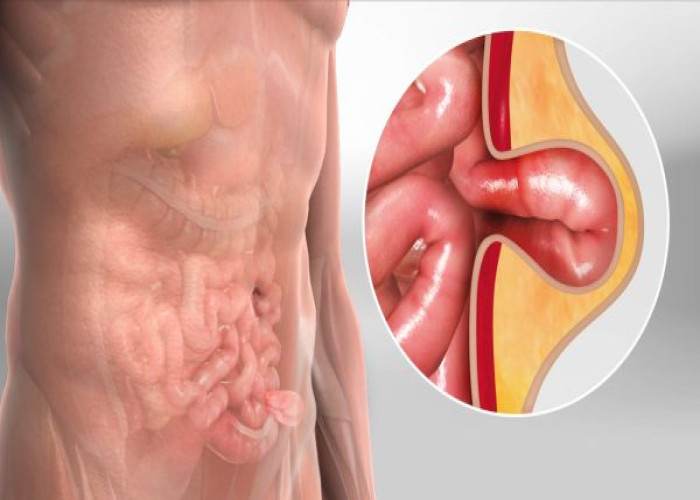 Welcome
Welcome
“May all be happy, may all be healed, may all be at peace and may no one ever suffer."
Hernia
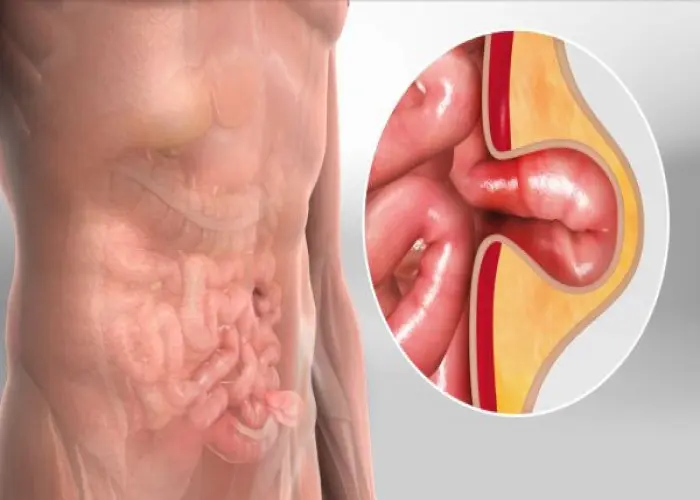
A hernia is a medical condition that occurs when an organ or tissue protrudes through an opening or weak spot in the muscles or tissues that normally hold it in place. Hernias can occur in various parts of the body, but the most common types of hernias are inguinal hernias, which occur in the groin area, and hiatal hernias, which occur in the upper part of the stomach.
Hernias are often caused by a combination of factors, including genetics, age, obesity, and a history of heavy lifting or straining. Common symptoms of a hernia include pain or discomfort, swelling or bulging, and a feeling of heaviness in the affected area.
Treatment for a hernia may involve surgery to repair the opening or weak spot in the muscles or tissues. In some cases, a hernia may be able to be managed without surgery, through lifestyle changes such as weight loss, avoiding heavy lifting or straining, and wearing supportive clothing or devices.
Research Papers
Disease Signs and Symptoms
Disease Causes
Hernia
There are several causes of hernias, including:
- Weak muscles: When muscles are weak, they can’t support the organs and tissues they are supposed to hold in place. This can lead to hernias.
- Strain: Straining during bowel movements, heavy lifting, or coughing can put pressure on the muscles in the abdomen and groin. This can cause hernias.
- Congenital defects: Some people are born with weak muscles or connective tissue that can lead to hernias.
- Surgery: Surgical incisions can weaken the muscles and tissues, leading to hernias.
- Age: As we age, our muscles and connective tissues can weaken, making us more susceptible to hernias.
Disease Prevents
Hernia
While not all hernias can be prevented, there are some steps you can take to reduce your risk of developing a hernia. These include:
- Maintain a healthy weight: Being overweight or obese can put extra strain on your muscles and increase your risk of hernias.
- Exercise regularly: Regular exercise can help keep your muscles strong and reduce your risk of hernias.
- Avoid heavy lifting: Avoid lifting heavy objects, or use proper lifting techniques if you must lift heavy objects.
- Quit smoking: Smoking can weaken your muscles and increase your risk of hernias.
- Treat chronic cough: Chronic coughing can put strain on your muscles and increase your risk of hernias. If you have a chronic cough, talk to your doctor about treatment options.
Disease Treatments
The treatment of hernias depends on the location and severity of the hernia. In many cases, surgery is required to repair the hernia. Surgery may involve repairing the weakened muscle or tissue, or using mesh to reinforce the area. In some cases, laparoscopic surgery may be an option, which involves making small incisions and using a camera to guide the repair.
In cases where surgery is not necessary, lifestyle changes may be recommended to manage the symptoms of the hernia. These may include avoiding heavy lifting or strenuous exercise, maintaining a healthy weight, and avoiding foods that trigger acid reflux.
Disease Diagnoses
Disease Allopathic Generics
Disease Ayurvedic Generics
Disease Homeopathic Generics
-
Belladonna
Shakti 30, 200 mg 4 times a day.
-
Tabacum
Shakti 30, 200 mg 4 times a day.
-
Cocculus
6, 30, 200 strength as one dose 3/4 times a day.
-
Lachesis
6, 30, 200
-
Plumbum
6, 30, 200
-
Aesculus hippocastanum
1X
-
Acidum sulfuricum
6, 30 strength as one dose 3 times a day.
-
Lycopodium clavatum
1X, 3X strength as one dose four times a day.
-
Natrum muriaticum
3X, 6X strength three times a day.
-
Magnesium phosphoricum
6X, 12X 3/4 times a day.
Disease yoga
Hernia and Learn More about Diseases

Muscular dystrophy
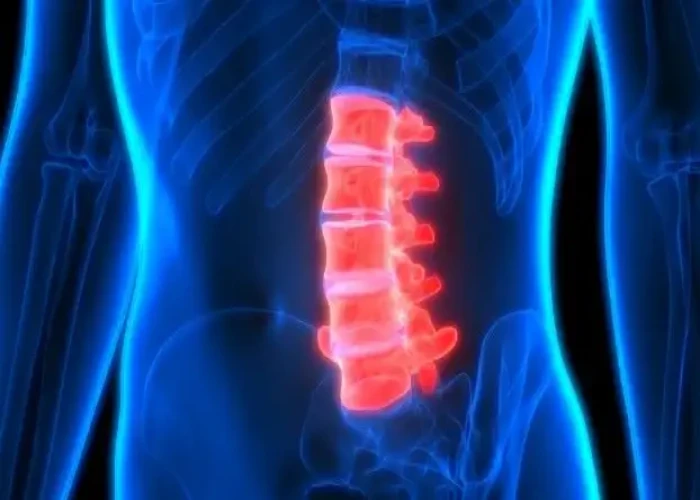
Spinal cord injury

Ebola virus and Marburg virus

Lead poisoning
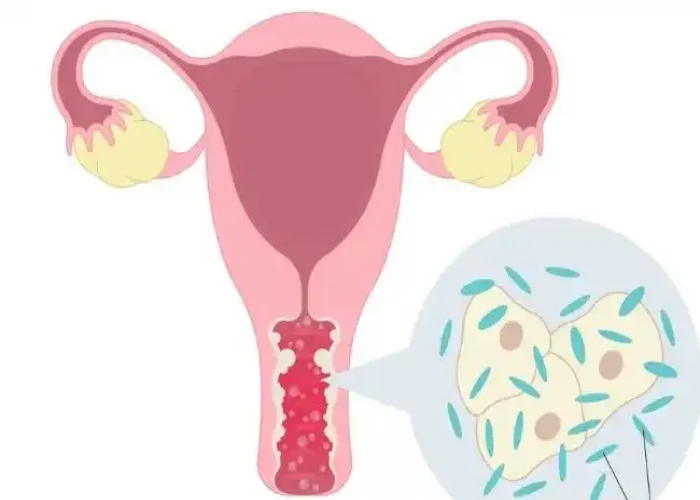
Vaginal atrophy
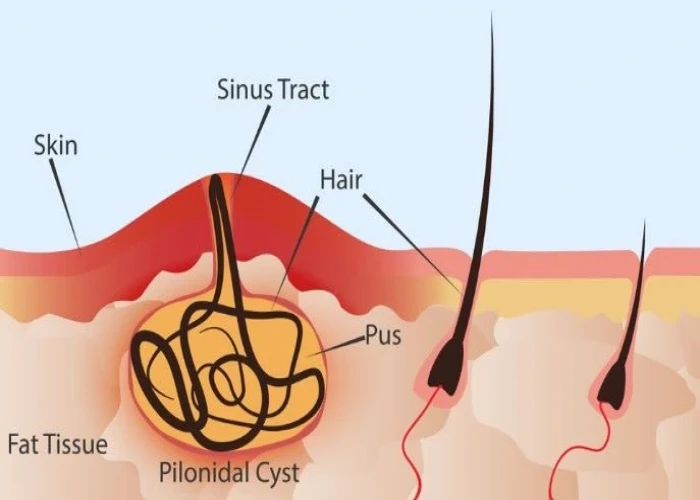
Pilonidal cyst
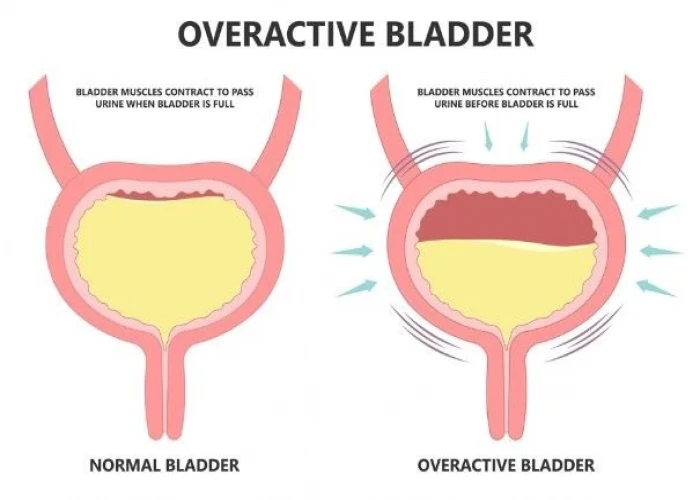
Overactive bladder
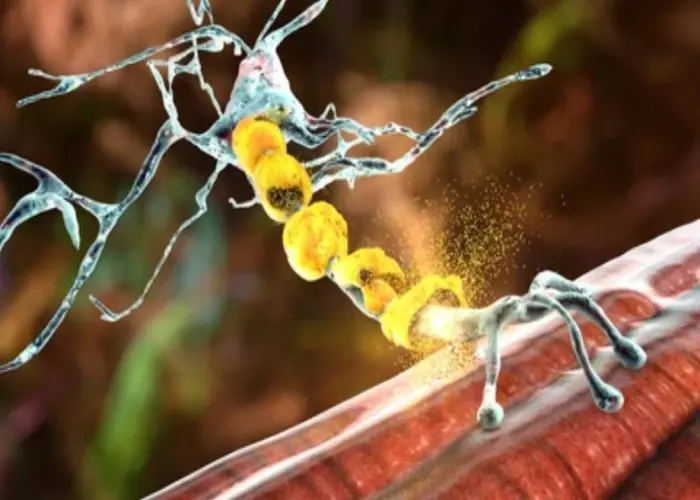
Charcot-Marie-Tooth disease
Hernia, হার্নিয়া
To be happy, beautiful, healthy, wealthy, hale and long-lived stay with DM3S.
